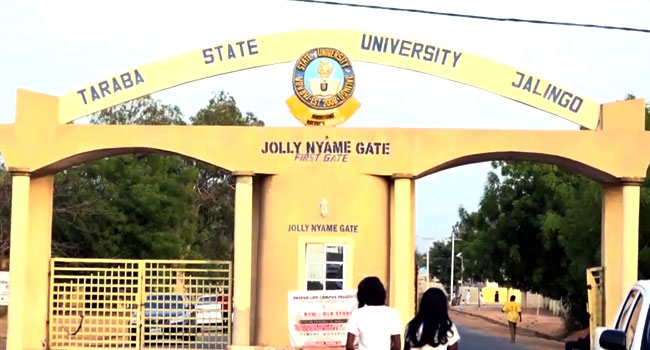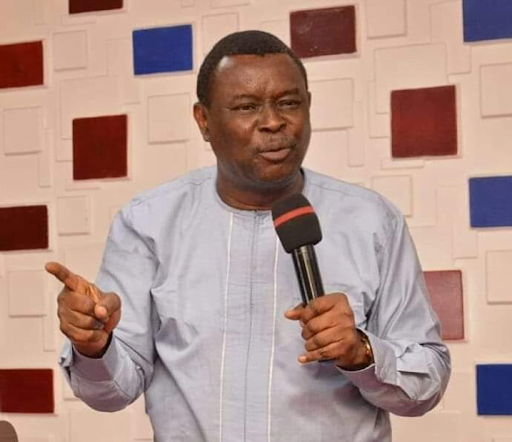The Independent Corrupt Practices and other Related Offences Commission, ICPC, has said its strategic action plan has been valuable in achieving success in the fight against corruption in the country.
The commission however said it would learn from the gains and weaknesses of the 2019-2023 strategic plan to ensure that the 2024-2028 plan is more robust in achieving better results in monitoring, evaluation, and performance reporting.
The spokesperson of ICPC, Demola Bakare, revealed this on the sidelines of the Commission’s board retreat and capacity building on Monitoring and Evaluation for senior management staff of the commission organised by Rule of Law and Anti-Corruption Nigeria (RoLAC) in Abuja at the weekend.
Bakare explained that while the commission is saddled with the responsibility of checking corruption, monitoring performance is an important component of its new strategic action plan.
This he said was the reason why the commission is open reinforcing the capacity of its senior management team to further strengthen its oversight and administrative role in the commission’s activities.
“It’s about monitoring our activities; investigation, prosecution, public enlightenment, system study and review, monitoring our activities so that we are able to deliver what we promised in our strategic action plan the way that we have promised it.
“In the last strategic action plan we had just three (strategic objectives). We had further split some that were cumbersome. So Clearly now, the 5 strategic objectives identified(in the new strategic plan) belongs to a particular department to implement.
“It is clearer to everybody who has the responsibility to implement a particular strategic objective at ICPC and that gives us a better handle to implement the strategic action plan to better monitor it and to better evaluate it for better performance.
“We are strategising to be able to deliver what we promised Nigerians in the most efficient and effective way.
Acting Director of Planning, Research, and Statistics, ICPC, Oche Godwin, while speaking on some of the pitfalls encountered during the implementation of the commission’s previous strategic action plan says they will be addressed in the new action plan.
“Implementation of any plan comes with its own challenges. One of such could be inadequate funding to cover all that you have outlined to achieve. Another one could be the problem of data. People are naturally resistant to give out information. Sometimes your next step depends on the activity of another person and when that leg of the activity is not completed, definitely you can’t move on. Those are challenges that are very obvious and we have put adequate mechanisms in place to succum those challenges.”
Monitoring and Evaluation officer, RoLAC, Odey Joshua, stressed the importance of supporting anti-corruption agencies to perform their functions.
Odey said that this is necessary due to the complexity of fighting corruption, especially with the advent of technology.
“The capacity of the institution to be able to live to their institutional framework and mandate is very important, it is key. For us it is also one of those things that we are focusing on to be able to bring them up to the standards to fight.
“Corruption is very complex, and of course with technology now it has reached a very high stage such that without this capacity, continuous training, they won’t be able to fight corruption (effectively).”

 4 months ago
38
4 months ago
38















 English (US) ·
English (US) ·